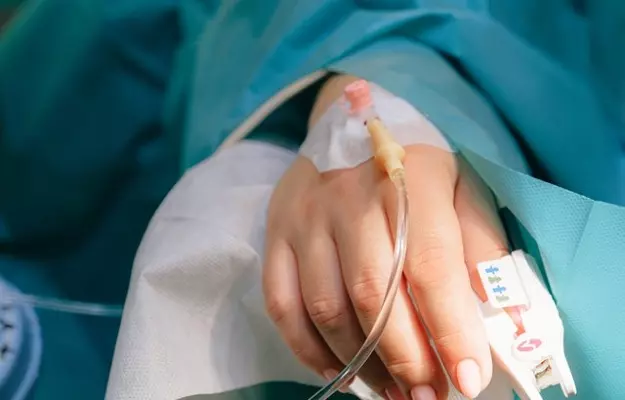Remdesivir may reduce recovery time from 15 days to 11 days in COVID-19 patients who are hospitalised but not sick enough to be put on a ventilator yet, according to the results of the US trial, published 23 May in the New England Journal of Medicine (NEJM).
Funded by the National Institute of Allergy and Infectious Diseases, National Institutes of Health, US, the randomised trial with 1,063 patients also showed that 7.1% of those in the control group died compared to 11.9% who were given placebo treatment.
Remdesivir is an antiviral medicine that was originally developed to treat Ebola, but is now being considered for the treatment of COVID-19. It had earlier received emergency authorization from the US Food and Drug Administration for COVID-19 treatment.
(Read more: All you wanted to know about remdesivir)
What are the details of the findings?
The study consisted of 1,063 patients, and was a double-blinded randomized trial: 538 patients received the drug, and 521 were given a placebo. It was an international trial with participation from the US, Denmark, the UK, Greece, Germany, Korea, Mexico, Spain, Japan and Singapore. That said, 45 of the 60 trial sites were in the US.
Remdesivir was given intravenously, or through an IV, for 10 days—a 200 mg dose on the first day followed by a 100 mg dose for the remaining days. Encouragingly, those on placebo had more serious adverse events, at 27% compared with 21% of those on placebo.
Perhaps the most important finding was that the drug did not have any benefit for those who were on intubated ventilator support or those on ECMO (extracorporeal membrane oxygenation). This suggests that patients with more serious symptoms are unlikely to benefit from the drug. Hospitalised patients with milder symptoms stand to benefit the most. This includes those who need supplemental oxygen, but not through a ventilator.
(Read more: What is Oxygen therapy?)
According to the metrics laid out by the researchers, recovery rates differed by the severity of the disease. On a scale of 1 to 8 (1 being not hospitalized, and 8 being dead), most of the people in the study were at level 4 or above. Level 4 meant hospitalization but no oxygen support. In this group, 38% had a speedier recovery. In group 5—those patients who needed supplemental oxygenation but not using a ventilator—had a 47% benefit of a speedier recovery. However, that fell to 20% for those requiring high flow ventilation. Finally, for those on ECMO, benefits actually decreased by 0.05%.
(Read more: Risks of intubation and ventilators for COVID-19 patients).
What do the findings suggest?
Overall the findings are encouraging; the drug has demonstrated some effect on treating the disease. There does seem to be a benefit for those with mild to moderate symptoms—getting discharged sooner would be really helpful in freeing up more hospital beds faster; one of the many concerns of healthcare planners during the pandemic. Further, the drug also appears to be safe.
(Read more: Mild vs. Severe symptoms of COVID-19).
Remdesivir has been in short supply and doctors have struggled to decide whom to give the drug to. Since it appears that those requiring intubation do not benefit from the antiviral, doctors may use it more on those with milder symptoms. This still remains a hard decision—and some aspects of the study have been criticised—so further research will be needed to develop operating procedures.
Another important finding is that even though remdesivir does seem to have some benefits, mortality rates still remain high. This means that the drug alone will not be sufficient for the treatment of COVID-19 and supplementary treatments will be necessary as well.
It is also necessary to note that the trial had to be stopped prematurely when the NIH (National Institutes of Health) realized that the drug was having a beneficial effect on people, and it became an ethical dilemma to give patients placebo instead of the drug. Some critics say that the curtailed findings and changed study objectives may have skewed results.
This clinical trial illustrates the complicated nature of finding a course of treatment during a pandemic, but for now the antiviral drug appears to be the first drug to have a demonstrated effect on the virus.















